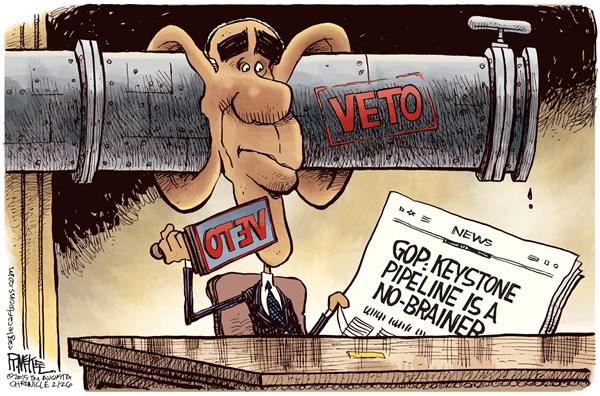Nigeria’s electoral body, the Independent National Electoral Commission (INEC), has rescheduled the forthcoming general elections from the initial dates of Saturday 14 and Saturday 28 of February 2015 to Saturday March 28 and Saturday April 11, 2015. The INEC chairman, Professor Attahiru Jega, cited security challenges as the reason for the polls shift.
The development has elicited mixed reactions from both local and foreign observers. On the local scene, opinion is divided over the merits and demerits of the development. Foreign observers have also expressed strong views on it, with the United States of America describing it as “unacceptable”. Its position is apparently informed by the assurances earlier given by President Goodluck Jonathan during a recent visit to Nigeria by that country’s secretary of state, Mr John Kerry, that the polls would not be postponed under any circumstances. The postponement of the polls, therefore, raises a credibility question over the Nigerian government.
However, the position of the US with respect to Nigeria’s polls, particularly the shift in dates, is curious, given that the Boko Haram insurgency and related insecurity in the country remain the reason for the development. It is recalled that the US had earlier denied Nigeria critical military assistance to combat the wave of insecurity when such was needed most. This is even as that country is also engaged in the global anti-terror fight and is fully aware of the transnational dimensions of the problem. It is therefore fully aware of Nigeria’s burden as the epicentre of the insurgency challenge in the West African sub-region. The reservations of the US over the polls shift would be better located if the shared strategic interest of the US and this country in combating terrorism in any part of the world had propelled more decisive support for Nigeria by the superpower.
The US and Nigeria have traditionally enjoyed robust bilateral relations, with the former being the latter’s largest importer of crude oil. While the present developments in the international oil market have imposed some strain on that relationship, it would serve the greater interest of the two countries to retain and grow the ties that bind them. Without exaggeration, if there is any area where Nigeria needs the support of the US currently, it is in the suppression of the Boko Haram insurgency. A pointer to that is the recent resolve by the African Union (AU) to launch a continental force to combat the menace. The initiative of the continental body was informed by Nigeria’s strategic position in African affairs.
While the interest of the US in the outcome of the polls and other political developments in this country is welcome, its assistance in a time of need as now as a true friend of Nigeria would be highly appreciated.

